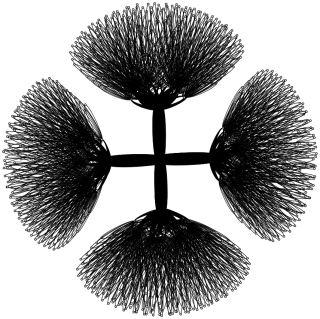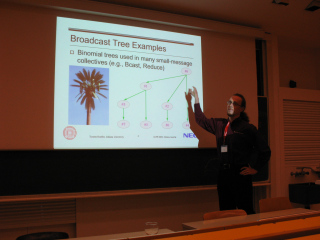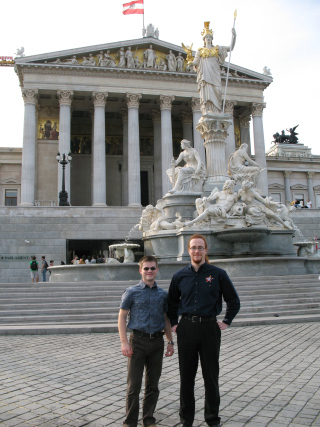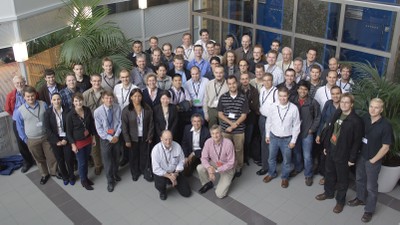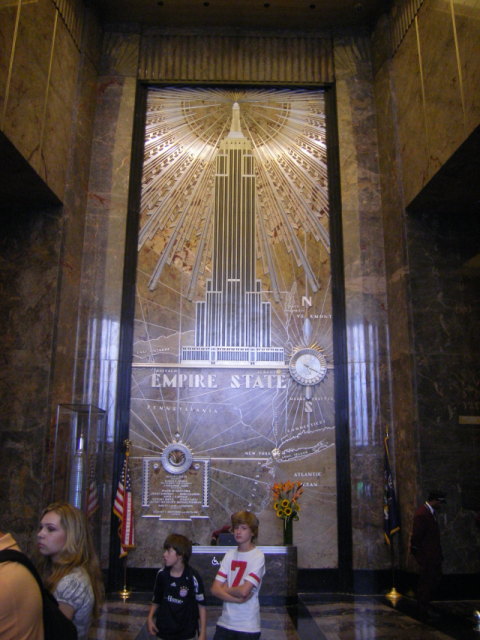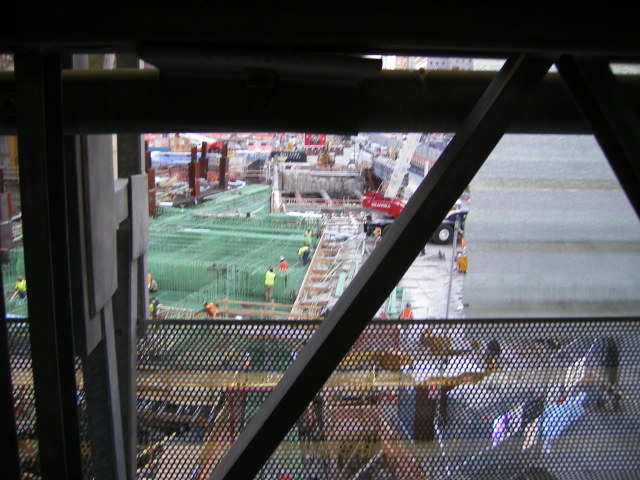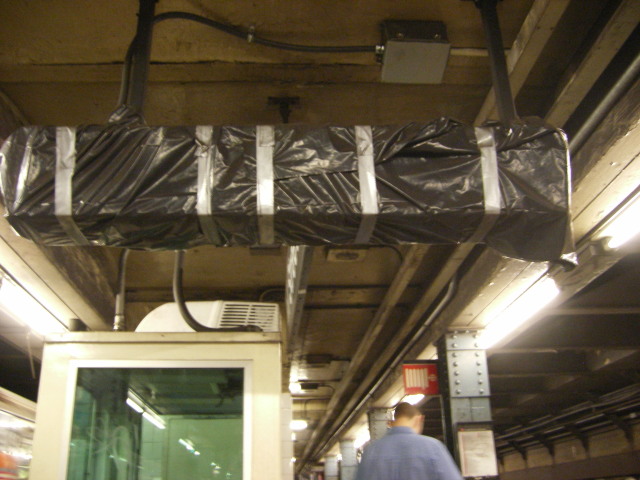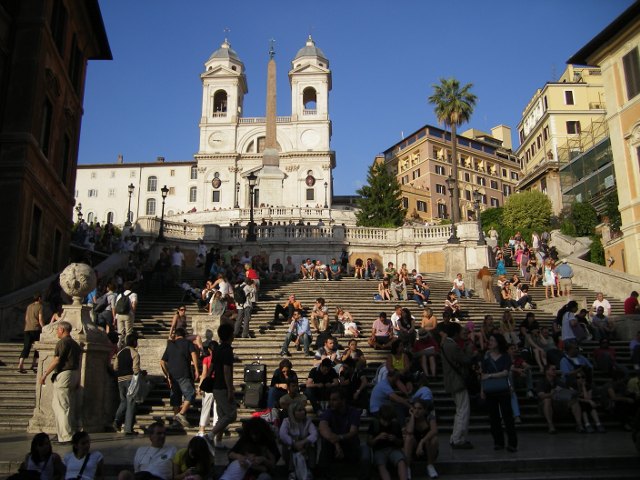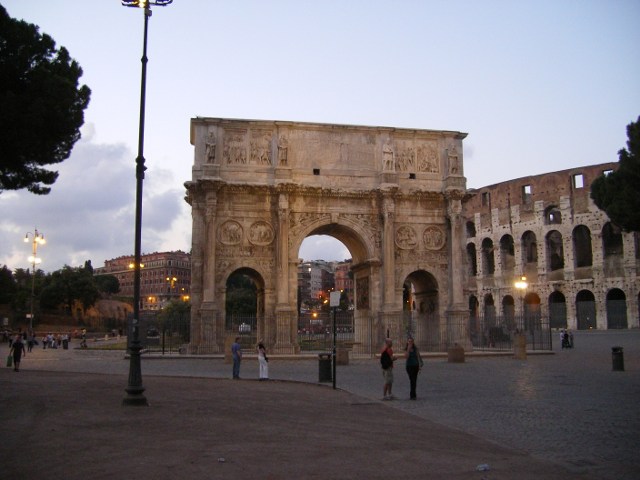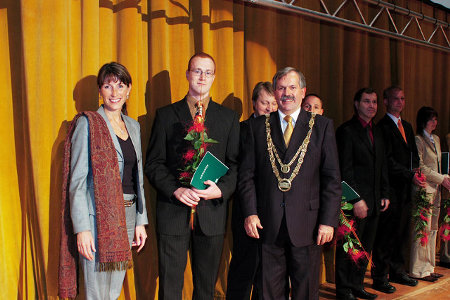They should have called the place “Rainland” but ok, I brought an umbrella 🙂 .
This week’s MPI Forum was very interesting! Marc Snir presented his convincing hybrid proposal. It’s really nice and orthogonal to the current standard. It needs some minor polishing and an implementation and seems ready to go.
We had some incremental discussions in the collectives working group but nothing very exciting. I think it is time to look for applications/systems that can benefit from the sparse collective proposal. Sameer Kumar sent me a very interesting paper which seems to be what we need! We also assimilated the Topology chapter into the collectives working group (now called collectives and topology working group — short colltop 🙂 ).
The RMA discussions were helpful this time and motivated me to summarize all ideas that floated in my head into a patch to the MPI-2.2 standard document during the weekend. I’ll post it to the RMA list and will see what happens. I think the RMA interface in MPI-2.0 is rather elegant and only needs some minor tweaks and some semantic changes to make it useful.
The MPI-3 discussions were going in circles (again). We went back and forth if we should call our next release (which contains nonblocking collectives and probably support for hybrid environments) MPI 2.3 or MPI 3.0 draft. We didn’t come to any conclusion. The only decision we made (I think, we didn’t vote though) is that we don’t want to break source compatibility in the next revision yet. I’d like to call it 2.3 then because having a 3.0 draft means that 3.0 will be a similar release and we would probably break compatibility in 3.1 which doesn’t seem to useful. 2.3 also gives the user a better impression that it’s not a revolutionary new thing (e.g., fault tolerant). However, I don’t have a too strng opinion, I just have some users who want nonblocking collectives in a release that is at least source compatible.
Another really annoying thing is the whole MPI_Count story. I have to admit that I was in favor of it at the beginning because abstraction seems right to me, however, I am now really against it due to several reasons: (1) the workaround is trivial and causes negligible overhead, (2) it breaks source compatibility which is a total no-go, and (3) it causes all kinds of Fortran 77 problems (it seems that this is the reason why int was selected in the first place). Could we just withdraw the ticket please?
